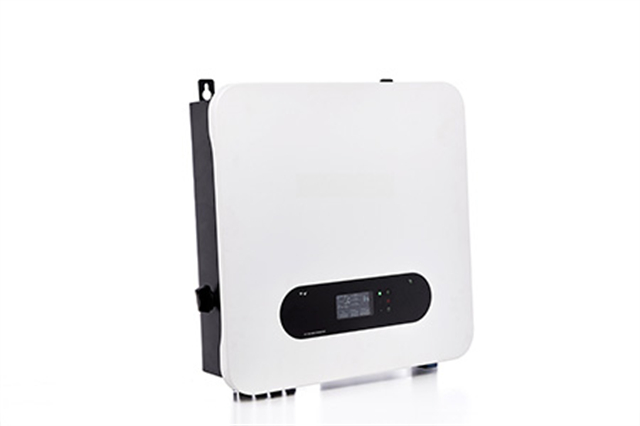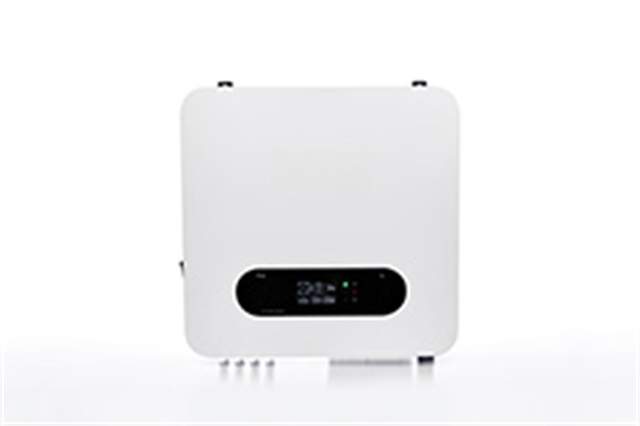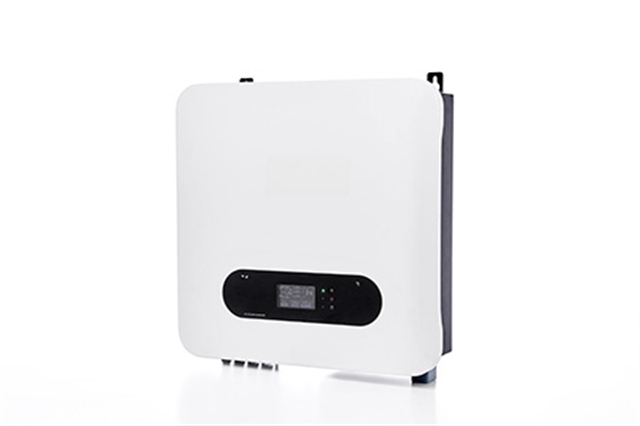Author:BLD Solar Energy SystemFROM:Solar System Converter Manufacturer TIME:2023-10-24

Mastering the Use of On Off Grid Inverters is a crucial skill for those interested in renewable energy systems. On Off Grid inverters play a vital role in converting direct current (DC) power generated from solar panels or batteries into alternating current (AC) power for everyday use. Understanding how to effectively use these inverters can optimize energy utilization and ensure reliable power supply, whether you are connected to the traditional grid or living off-grid.

On Off Grid inverters can be categorized into three main types: grid-tied, off-grid, and hybrid inverters. Grid-tied inverters are designed for systems that are connected to the utility grid and allow excess energy to be fed back into the grid. Off-grid inverters, on the other hand, are used in standalone systems that are not connected to the grid. Hybrid inverters combine the features of both grid-tied and off-grid inverters, enabling users to switch between grid-connected and off-grid modes as needed.

Sizing an on off grid inverter involves determining the appropriate power rating based on the total load requirements. By considering the peak power demand and selecting an inverter with sufficient capacity, it ensures that the inverter can handle the load without overloading or underutilizing its capabilities. Additionally, accounting for factors such as efficiency, temperature, and power factor is crucial in accurately sizing the inverter.
The installation and wiring of on off grid inverters should be carried out following safety guidelines and local electrical codes. It involves connecting solar panels or batteries to the input side of the inverter and connecting the output side to the electrical load or grid connection point. Proper grounding techniques and circuit protection devices should also be implemented for safety purposes.
Regular monitoring and maintenance of on off grid inverters are essential to ensure optimal performance and longevity. Monitoring systems can provide real-time data on energy production, usage, and system efficiency, allowing users to identify potential issues and optimize energy consumption. Routine inspections, cleaning of components, and timely repairs or replacements of faulty parts are crucial to maintain the overall efficiency and reliability of the system.
To maximize the efficiency of on off grid inverters, several strategies can be employed. Utilizing energy-efficient appliances, implementing power management solutions, and reducing unnecessary power consumption can significantly reduce the strain on the inverter and improve overall system efficiency. Additionally, integrating energy storage systems with the inverter can help store excess energy for later use, minimizing wastage and maximizing self-consumption.
For grid-tied or hybrid systems, managing grid interactions is crucial. Inverters should comply with relevant grid codes and regulations to ensure seamless integration with the utility grid. Safety measures such as anti-islanding protection and voltage regulation should be implemented to protect utility workers from potential electrical hazards during grid outages or maintenance.
Despite proper installation and maintenance, on off grid inverters may encounter certain issues. Understanding common problems like voltage fluctuations, overload conditions, or communication errors can help troubleshoot and rectify them effectively. Monitoring system indicators, checking connections, and consulting technical documentation can aid in diagnosing and resolving these issues efficiently.
The field of on off grid inverters is constantly evolving, with ongoing advancements and innovations. Future trends include the development of more efficient and intelligent inverters, improved energy storage technologies, and enhanced grid integration capabilities. Stay updated with industry news and research to leverage the latest technologies and solutions for your renewable energy system.
Mastering the Use of On Off Grid Inverters is fundamental to maximizing the benefits of renewable energy systems. Whether you are connected to the grid or living off-grid, understanding the different types of inverters, sizing, installation, maintenance, and troubleshooting techniques will empower you to optimize energy utilization, enhance system efficiency, and contribute to a sustainable future.
